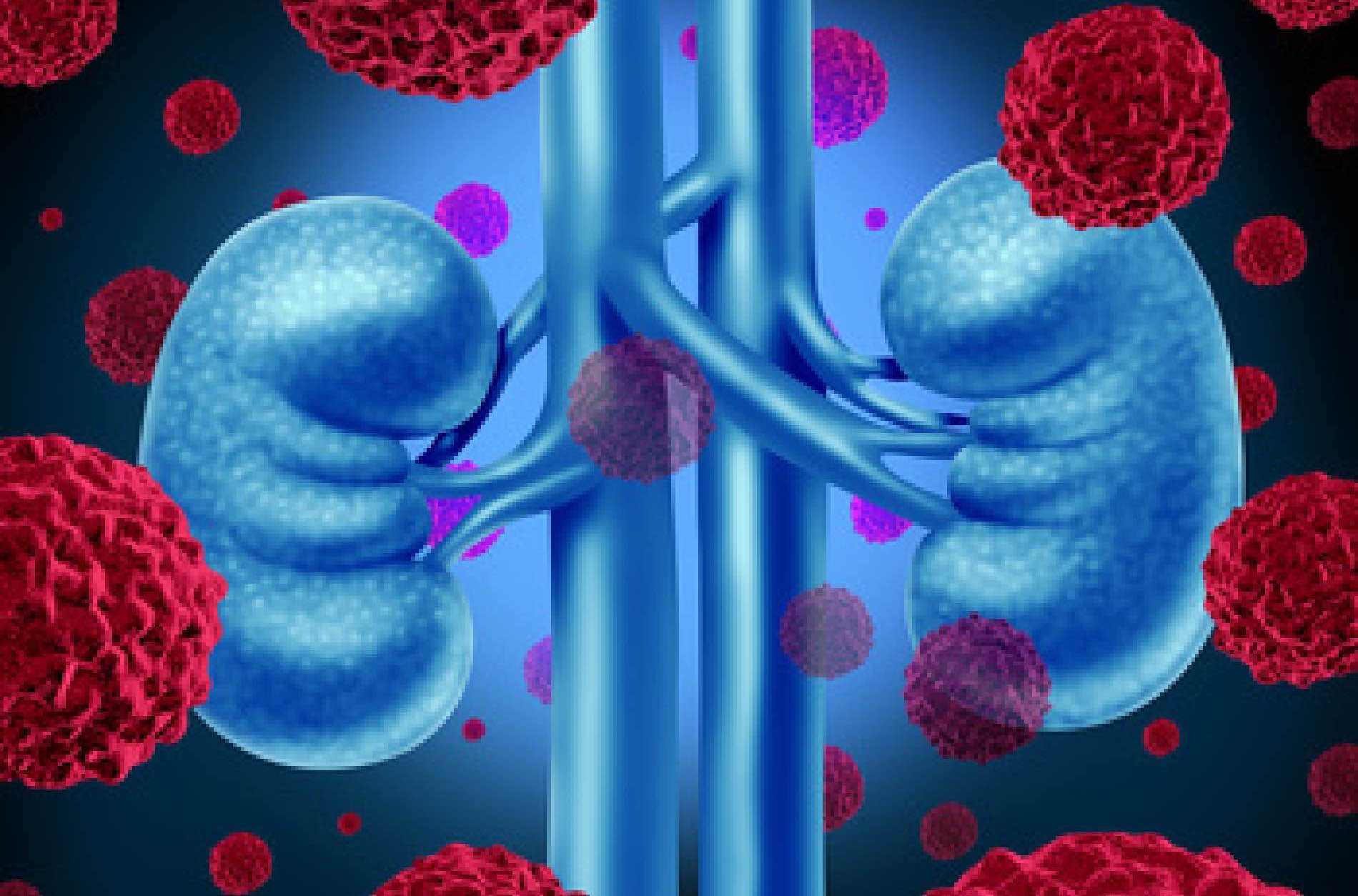Share this Page:
Current guidelines recommend partial nephrectomy as the preferred treatment option for small renal masses. Percutaneous ablation, such as radiofrequency ablation and cryoablation, are mainly considered for patients who are not suitable for surgery or who have other conditions (co-morbidities) that make them unfit for surgery. There is currently a lack of evidence comparing partial nephrectomy and percutaneous ablation. A recent study compared long-term outcomes in patients with small renal masses (stage cT1) when treated with partial nephrectomy, percutaneous radiofrequency ablation and percutaneous cryoablation.
There were 1422 patients with untreated small renal masses (renal cell carcinoma, RCC stage cT1a) in the study. Patients were treated with partial nephrectomy (1055 patients), percutaneous radiofrequency ablation (180 patients) and percutaneous cryoablation (187 patients). There were no differences in 5-year local recurrence-free survival, 5-year metastasis-free survival, and 5-year cancer-specific survival when comparing percutaneous radiofrequency ablation to partial nephrectomy and percutaneous cryoablation to partial nephrectomy.
The study concluded that percutaneous ablation (radiofrequency ablation and cryoablation) appears to be effective for the treatment of low stage RCC (stage cT1), particularly cT1a masses. With respect to cT1b renal masses, the results with cryoablation were acceptable and the researchers suggest that cryoablation is best used for patients with cT1b RCC who are unsuitable for surgery. However, further study is warranted.















